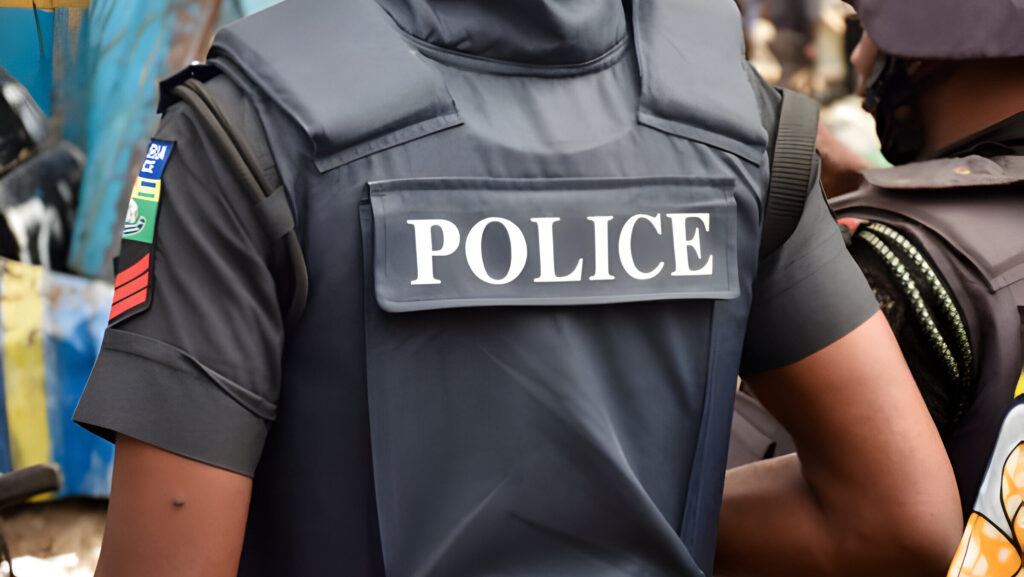By Karen James
Nigerian security agencies, including the Nigeria Police Force and the Department of State Services (DSS), are grappling with a critical decision on whether to shut down the nation’s airports in response to the ongoing #FearlessInOctober protests. The protests, which began today, have sparked widespread unrest, leaving authorities concerned about potential disruptions at key transportation hubs, particularly the nation’s airports.
At the heart of the dilemma is a conflict between maintaining public order and allowing normal operations to continue, including a scheduled flight by Minister of Aviation Festus Keyamo. The Minister is set to fly with Emirates Airlines on its highly anticipated return to Nigerian airspace, following months of suspended services. This flight is symbolic, as it marks Emirates’ official resumption of operations in Nigeria, a significant milestone for the country’s aviation sector.
However, with the #FearlessInOctober protests gaining momentum, security officials fear that keeping the airports open could allow protestors to disrupt the airports and jeopardize public safety. Reports have emerged that a faction of the security forces is advocating for a temporary shutdown of airport operations to prevent the demonstrations from spreading to sensitive transportation points.
The #FearlessInOctober movement has drawn significant public attention, with demonstrators calling for reforms on various fronts, including governance, economic policies, and human rights. The protests have sparked concerns about national security, especially in major cities, and a shutdown of the airports would represent a major escalation in the government’s response to the movement.
Sources indicate that discussions are still ongoing, with security agencies weighing the consequences of both potential actions. Shutting down airports could lead to severe disruptions for travelers and further economic ramifications, while allowing the airports to remain operational risks potential security breaches.
The Nigerian public and international community await the final decision, as it will have wide-reaching implications for both the protests and the country’s aviation industry. For now, all eyes remain on the country’s airports as security agencies and government officials seek a delicate balance between public safety and operational continuity.

